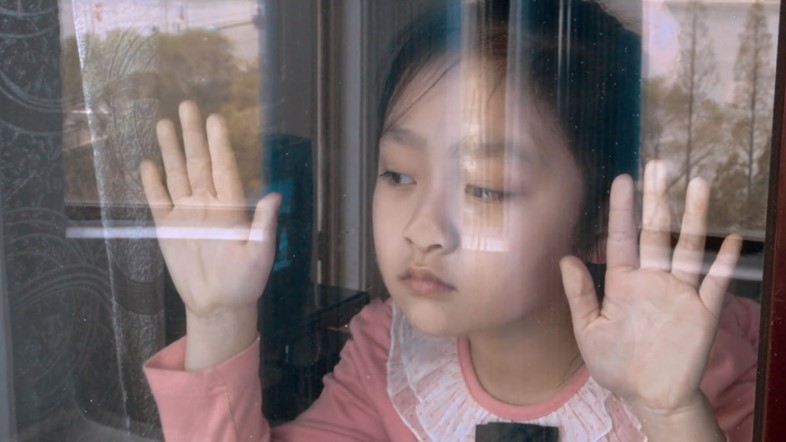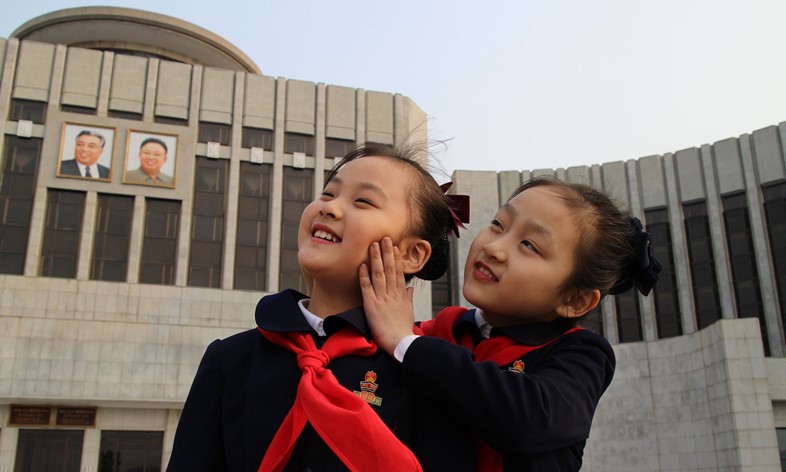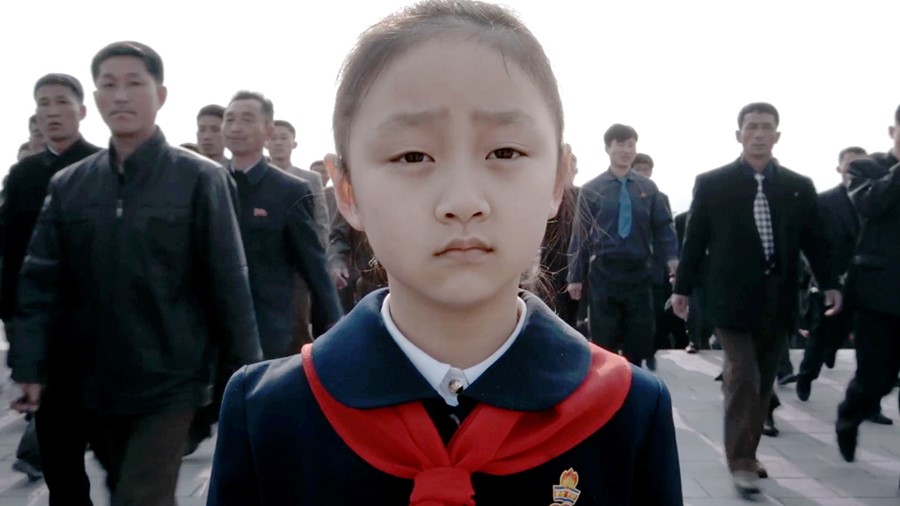Russian filmmaker Vitaly Mansky risked everything to film a documentary exposing the secret of life in North Korea; the resulting documentary, entitled Under the Sun, is on Netflix now
North Korea represents a sort of black hole in our modern world: not a Columbus-style mystery waiting to be solved, but rather an ominous enigma formed by our exclusion from it, the only 120,540 km² on a 510 million km² planet to which we are prohibited access. This restriction forces us to imagine horrors within its borders, relying upon satellite images to gain insight into its day to day reality. Russian filmmaker Vitaly Mansky decided he wanted to break down these barriers, determined to reveal the truth – or rather, façade – of life under the regime. After two years of negotiating with the North Korean authorities, he succeeded in gaining unprecedented access to the country to film, but was soon to discover that the government would take total control over his endeavour, forcing him to completely rethink the concept for his documentary.
The North Korean government decreed they were to be official production partners for the film, selecting all the locations and writing the entire script. In other words, the resulting documentary would become an unashamed piece of propaganda, presenting a day in the life of the young Zin-mi and her ordinary family, who live in the capital city, Pyongyang. Yet watching Under the Sun reveals so much more about the country than you’d expect; we observe government officials commandeering the actors like puppets, staging their carefully crafted performance of life in “the best country in the world”. It soon becomes clear that Mansky bypassed the sanctions imposed upon his content, and managed to keep the camera rolling between takes, storing this footage on a second memory card which he miraculously succeeded in keeping hidden the entire trip.
By way of a Skype call, Mansky explains to AnOther that, having been born in the USSR, he’s always been interested in how a totalitarian system is organised, not to mention how this totalitarianism relates to the human individual – why somebody might reconcile themself to accept such a way of life. Here, we sit down with the veteran documentary-maker to talk fear, the North Korean authorities, and the extraordinary process of making Under the Sun.

On discovering that the film would be scripted and controlled by the authorities…
“I obviously knew that very strict control was awaiting us, but I didn’t imagine what this would mean in reality. I did not expect that every day, they would demand we give them all filmed material for them to check, and that they’d set up all the necessary equipment for doing this right in the hotel in which we were staying. I did not forsee that we would never be able to film a single take autonomously. There was no way I could have foreseen this.”
On keeping the camera rolling between takes…
“We were aided by the fact that the North Koreans were very lacking in relevant technical knowledge. They didn’t know how a camera is set up, thus they were unaware that there are two memory cards in a camera. They think that if the light isn’t on, it’s not filming.”
On his fear of being caught...
“Of course we were in a lot of fear. I also felt a huge responsibility for the young people who came with me to film, as part of the crew, and because of this, my time in North Korea was very difficult psychologically. What’s more, we couldn’t leave the footage we were hiding in the hotel, and there was no place we could hide it, so we walked around with our computers and hard drives in our rucksacks 24 hours a day. Any second, we could have been stopped and told to open our rucksacks for them to check.”
On speaking in code...
“When our crew flew to Pyongyang, our passports were confiscated the minute we arrived at the airport, and we were forbidden from leaving the hotel unaccompanied. We could never discuss anything openly, because we feared they could be listening to what we said in our hotel room. For certain technical matters we discussed when we copied the footage to the second memory card, we made up coded words. For example, we called the copying of material washing our socks; ‘have you washed the socks?’, ‘have you soaked the socks?’, ‘will the socks be dry soon, is it long yet?’ It sounds funny now, but it is unimaginably difficult, when 24 hours a day, in your own room, you cannot say anything openly, and you never feel free. Even before bed, we would move the furniture, the tables and the chairs up against the doors, so that they couldn’t open the door to our room when we were sleeping.”

On his documentary style, and the soundtrack to the film…
“My task was to communicate my personal feelings and experiences, and expose their fake reality. The colours of the film – lots of grey, whites, browns, and the smog showing – are exactly as I saw them, but also serve as a projection of the cold and bleak regime, and its signature colours. It is the music that creates a certain mournful mood, which clearly communicates my feelings when in North Korea. It was specially composed by the Latvian composer Karlis Ausans, who wrote and recorded an original chamber score for the film, consciously creating the mood for each scene.”
On whether he has an ongoing fear that he might be blacklisted by the North Korean government…
“I think that North Korea has many so-called enemies, and my surname is very far down this long list of main enemies, so they just won’t ever reach me… My turn won’t come. It seems to me that first they will be looking for those who ran away from North Korea. I think that those people have a real reason to be in fear. I hope that I do not need to be scared, but of course it is a corrupt regime, so anything could happen.”
With thanks to interpreter Ksenia Levina. Under the Sun is now available to watch on Netflix.
